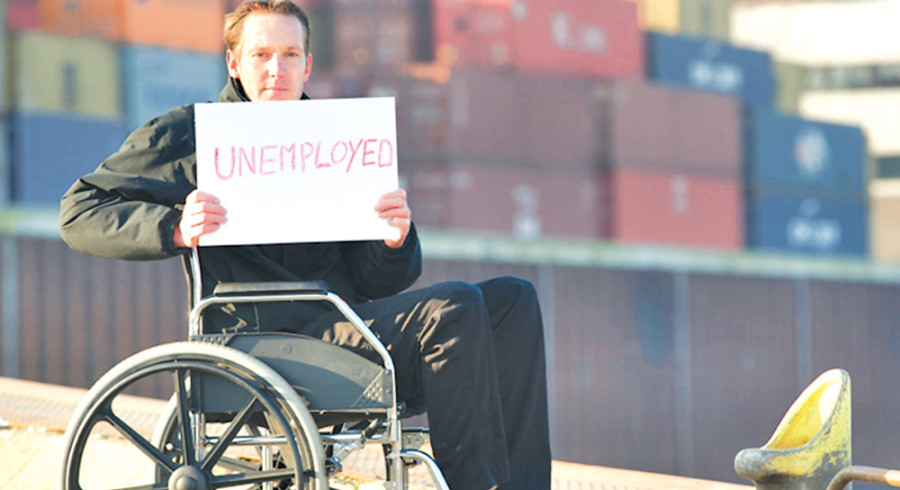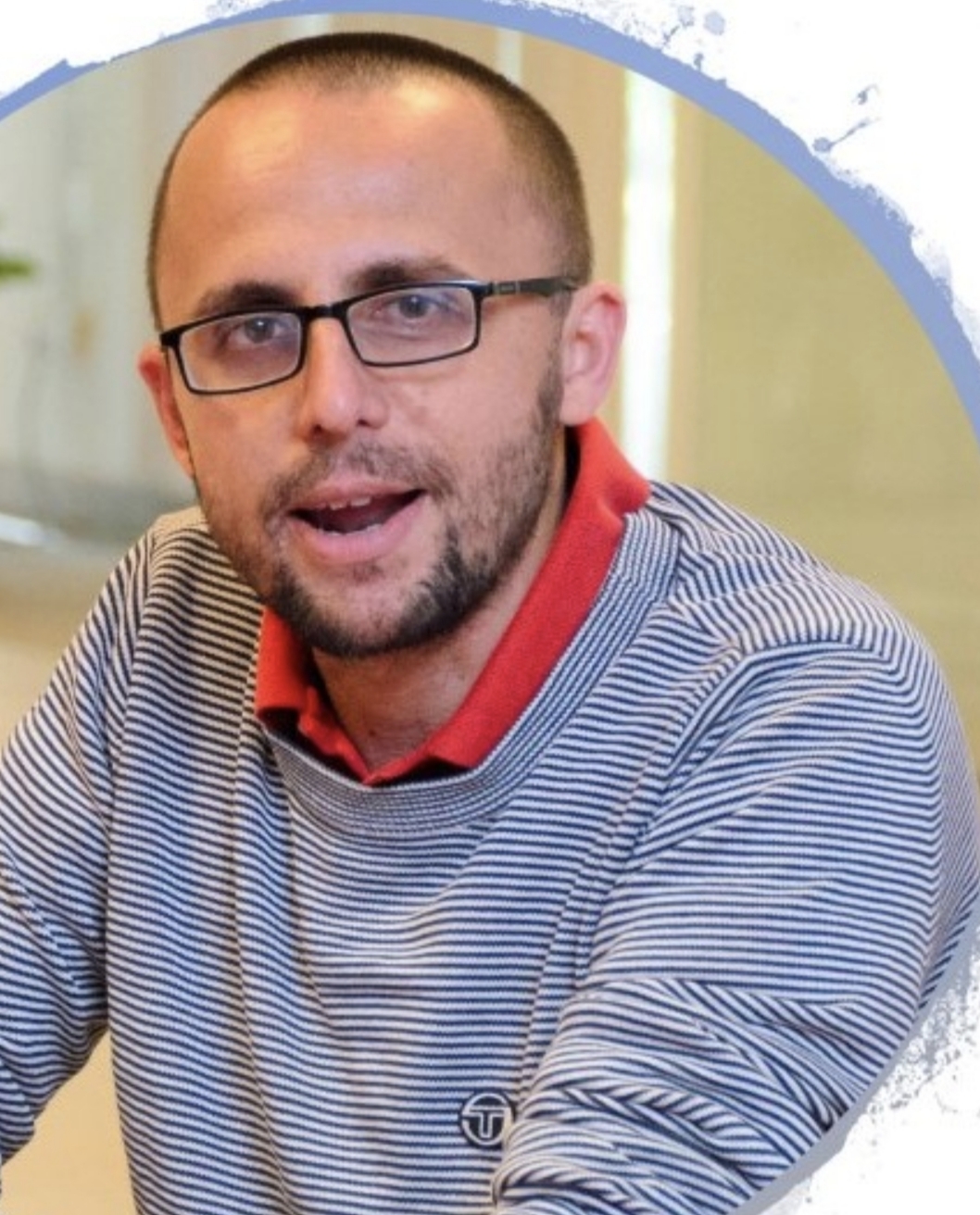Opinion
Let them in
Companies being inclusive towards persons with disabilities makes business sense
Simone Galimberti
People with physical and mental disabilities are the largest minority group in the world. Many of them are deprived of any real chance in life. They have difficulty gaining access to the labour market, especially in developing countries. Here, we are talking about a huge group left out by the forces of the market that have unique potential.
While we can certainly see some progress in the quest for more a diverse leadership in the political sphere, normally we tend to ignore the problems faced by persons living with disabilities to gain recognition and visibility at the national level.
The Korn Ferry Institute, the research arm of Korn Ferry, one of the biggest human resource companies in the world, recently published a study, making a real business case for top companies to embrace inclusion and diversity. The paper ‘The Inclusive Leader, optimizing diversity by leveraging the power of inclusion’ explains how companies, to be successful, will have to be led by managers who fully embrace inclusion and diversity.
Egon Zehnder, another top executive search firm, also addressed, through a study, ‘Great expectations, How the cultural shift toward deeper diversity can succeed’, the challenges faced by companies in embracing diversity. It was found that even for those most committed towards inclusion, it is difficult to walk the talk. The only way, according to the paper, is to make diversity and inclusion an ‘operational reality’ by assessing the executive commitment and skills in promoting inclusion and diversity. Moreover and very crucially, when hiring a potential employee from a minority group, the final judgment must be based on the potential of the candidate. In short, embracing diversity requires a long-term investment.
Not a burden
Globally when we talk about inclusion and diversity, we normally refer to breaking the so called “glass ceiling”, allowing more women into executive positions. In the context of Nepal, gender assumes a vital dimension in all conversations about inclusion and empowerment, with a strong reference to minority ethnic groups who have been deprived of equal opportunities to access key leadership positions.
Certainly you will find great social activists among disabled people organisations strongly demanding radical change on the national narrative about inclusion, but it is very hard to recognise a single leader coming from the disability community who has a key role in the private sector. Think about any commercial banks or any major business groups and you will find no persons living with disabilities.
Probably this is one of the reasons why eleven multinationals very recently, including Accenture, Accor, Adecco, The Dow Chemical Company and L’Oréal, have officially endorsed the ILO Global Business and Disability Network Charter. The Network is a global coalition pushing for mainstreaming disability in the corporate world.
By promoting and respecting the rights of persons with disabilities and by raising awareness and combating stigma and stereotypes faced by them, these huge conglomerates pledged to become more open and inclusive towards disabilities, not out of pity but out of pure business sense, cognisant that existing market dynamics have left behind a important share of potential customers and future employees.
To make global companies more inclusive, fully embracing and experiencing diversity in their ranks, we need to think of persons living with disabilities as an opportunity rather than a burden.
Invisible struggle
In Nepal data on persons with disabilities are patchy, fragmented and to some extent controversial. Official estimates are thought to underestimate the percentage of persons living with disabilities, which should be at least three percent of the population instead of the official 0.7 percent, as per the national census.
Though a high number is hidden and invisible, taken hostage by a system that does not protect and uphold their rights, many persons living with disabilities are boldly and defiantly trying to challenge the current status quo. They do it in different ways, through advocacy and policy workshops, petitions and sometimes peaceful rallies but also by simply keeping intact their hopes, searching for a job, going to schools, playing sports and navigating the chaos of our streets. They reject the existing attitudes and people’s behaviour and with the highest sense of pride and optimism, showing that the nation also belongs to them, proving that a real diverse Nepal will not exist until disabilities are mainstreamed, unless persons living with disabilities have a level playing field to become the next CEO or the next prime minister.
Change does not happen easily. A multi dimensional approach should be used to change the current situation. Meenraj Panthee, an inclusion and development expert, strongly believes that the government must come up with a special livelihoods programme targeting persons living with disabilities. Vocational and technical programme like the ongoing SKILL, supported by different development partners, should play an important role. But this is not enough. Entrepreneurship support with a special loan package and a much more robust social protection policy are essential as well, according to Panthee.
Walk the talk
While advocacy remains pivotal, corporate and development sectors should play their part.
For example, it is encouraging to see the members of the Association of International NGOs, thanks to a recent internal survey, are starting to realise that they are not doing enough to include persons living with disabilities in their workforce. It is positive that other international organisations are eager to become more inclusive by having, among other minority groups, young adults with disabilities as interns.
You do not become more inclusive and accessible by formulating disability policy and strategies overnight but by undertaking small and incremental steps. An internship programme, for example, is one of them.
A recent special report written by the Economist, entitled ‘The Young’ says that ‘all countries need to work harder to give the young a fair shot.’
All Nepali youths deserve better chances and opportunities but at least once let us start prioritising the most resilient and strongest among them, those who, despite the society blocking their personal and professional growth, keep fighting hard and dream far. If the aid agencies are doing something about it, then the corporate houses need to do their part as well. Investing in the potential of youths with disability is a priority.
Simone Galimberti is Co-Founder of ENGAGE and Editor of Sharing4good




 9.6°C Kathmandu
9.6°C Kathmandu










